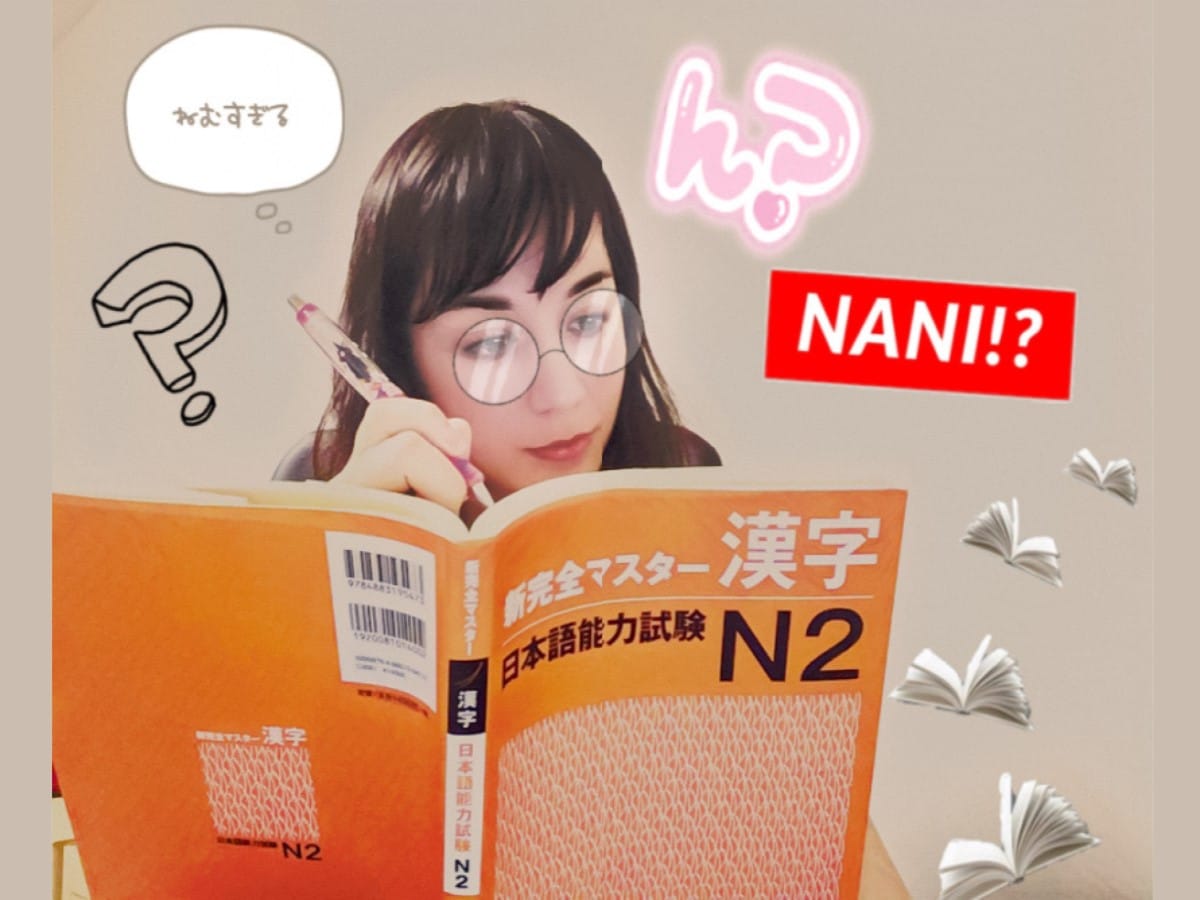
Photo by © cinnamonellie
How I learned Japanese and study tips for the Japanese Language Proficiency Test
Related Article
-

Design Cover Art With Japanese Fonts Like A Pro With These Tips
-

Japanese hubby’s hilarious language mistake in note to wife goes viral
-

“A warrior’s trophies?”: Bizarrely decorated smartphone case has Twitter in stitches
-

“Funny Cool” Japanese text tee makes impact at Milan runway show, amuses Japanese Twitter
-

Tokyo grocery’s signs look like Hindi to shoppers even though they’re in Japanese
-

Japanese Voices: @17 no Gokitaku Shimasenka? #48: “Assebu Theater”


Everyone has a different reason for why they want to learn Japanese, be it because of anime, manga, games, traveling, or for work purposes.
In my case, it was neither one.
I first heard the language on TV when I was in middle school and without knowing what language it was, I felt attracted to how it sounds.
You know that many people feel like French is such a romantic language; well, in my case, it was something like that, but with Japanese.
At first, I started to note a few words I could catch on TV, but after I found out what language it was, I started learning it by myself.
I think everyone starts with Hiragana and Katakana at first.
That is what I did, too. I first mastered hiragana, then katakana and at the same time, I would learn words or useful sentences in Japanese.
I recommend starting with five or ten characters per day and always try to write it.
What helped me was this book called “Minna no Nihongo” and after I mastered the writing, I would just read from it until I got it perfect.
My first Japanese exam was N5(JLPT) when I was in high school and, to be honest, I didn’t know what to expect at first.
I took it from one go and currently my Japanese is at N1 level, so here I will share with you some tips and useful apps that helped me to improve so much during the years:
1. Read a lot!
I think it is very important to read a lot in Japanese. For me, I would go from manga to textbooks and literature until I slowly get the hang of it.
When there are words I don’t know, I would look for them (the same goes with kanji).
I think that reading helped me a lot in this process and as the Japanese exam is basically about recognizing kanji, reading will help you achieve a better level.
2. Watch Japanese movies/ dramas/anime with Japanese subtitles
I do this with other languages too because it is important to hear the words and see how it is written.
I used to even learn some of the lines and watch the same movie or series over and over again.
When you already know the words and get to a more advanced level, try watching movies without subtitles.
Repeating the lines will also help with your pronunciation.
3. Talk to native people
To be honest, at first, I was reluctant to communicate with native people in Japanese because I didn’t feel confident enough.
But it doesn’t matter that much. There are a lot of exchange language groups and websites where you can text/talk to people so I recommend trying it out.
Is not that scary as it seems.
A useful website to find an exchange partner is My Language Exchange, but again, you can also find a lot of groups on Facebook, for example.
4. Write and write and write
For remembering how to write Kanji, I am afraid you can do so by writing a lot.
For reading them, you’ll eventually remember by texting or reading a lot, but writing Kanji is a whole different story.
I even asked a lot of Japanese people if there are any other ways, but unfortunately, all replied with “just write a lot.”
You can write sentences, words or make it more fun by starting calligraphy, for example, or Sumi-e, where you can combine both calligraphy with beautiful ink drawings.
I used to do that, and I found it quite fun and a good way to improve my creativity, too.
5. Practice and do tests
I used to buy the JLPT books and for each level, they had the kanji, vocabulary, etc. with examples, explanations, and practice exercises.
You can also find all these online if you search for the level you want to take (For example, N4 kanji; N4 kanji practice).
I also recommend the “imi wa” mobile application that has everything structured and it is easy to use and free of charge, too.
As for websites, you can check out Wanikani or Japanesepod101.
I find it important to talk a lot with people, read and listen. Practice makes perfect, so doing the exercises, too, will help you a lot to improve your language skill and pass the Japanese exam.